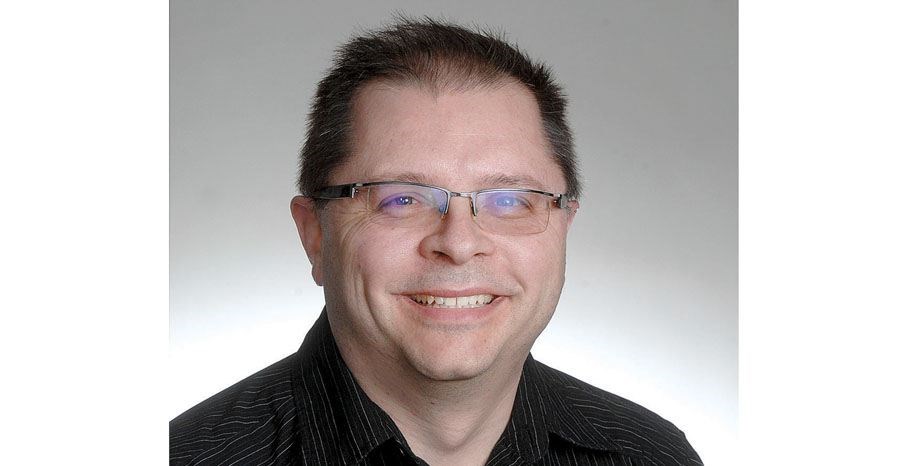There's an uncomfortable connection between the renaming of Fort George Park to Lheidli T'enneh Memorial Park and the aftermath of the domestic terrorist attack in Charleston, South Carolina, last week.
State governor Nikki Haley has pledged to get rid of the Confederate flag for good from the grounds of the state capitol in the week of the targeted murder of nine black church goers by an angry young white man who adored the flag and its disgraceful past. Numerous large American retailers, including Walmart and Sears, have pulled all merchandise featuring the flag. In Virginia, the state government is pulling licence plates featuring the flag and issuing new ones without it. No word yet on whether Mississippi will redo its state flag to remove the Confederate star cross in the top left corner but there's no time like the present.
The flag is directly connected to American slavery and to the Ku Klux Klan but the descendants of veterans of the Confederate army from the U.S. Civil War, along with racist Southerners, continue to defend the flag and its public display on historical and heritage grounds.
Similar arguments over history and heritage are being used to protest the renaming of the park. That's not to say that any local resident making that point is racist but those who are might want to reconsider the company they're keeping by taking that stance.
The young shooter in Charleston was simply reflecting white pride easily found on websites from the U.S., Europe and even Canada. For anyone who honestly thinks there is no such thing as Canadians who believe multiculturalism is an attack on the English language, Protestant Christianity, the monarchy, Anglo-Saxon history and culture and the very survival of white folks, spend some time on the websites of the Canadian Association for Free Expression and the Canadian Freedom Resource Centre. It'll put a chill in your blood.
Another complaint against the park renaming has been the "lack of consultation" by city council.
Oh, the sweet irony.
How many white Canadians have complained, in public or private, about the endless consultations with First Nations? "These people just want to talk and consult and hold meetings and study everything," the complainers say, insisting there's been enough talk and it's time to "move forward."
Prince George city council "moved forward" last week with quick, decisive action to make a small but significant step forward to address a historical injustice. But now the same folks opposed to extensive consultation of affected First Nations now think local politicians should have wasted time and taxpayer dollars on public input to rename the park.
It'd be funny if it wasn't so sad.
Identifying places and people can be perilous. Dylann Roof is being called a mass murderer for the Charleston massacre but he's not being called a terrorist, even though his efforts to incite a race war clearly qualifies as an act of homegrown American terrorism. The Boston Marathon bombers weren't called terrorists and neither was the Oklahoma City bomber. That's because they didn't have Arabic-sounding names and dark skin.
Like Barack Hussein Obama, for example.
Eight years ago, as the young Illinois senator was preparing his unlikely run for president, some Americans said his name was foreign and hard to pronounce. Like Lheidli T'enneh seems to be these days for some Prince George residents.
In 2015, even the most passionate of Obama haters say his name properly. That's a good sign that the learning period for "KLATE-lee ta-NAY" in Prince George will be as brief as it is long overdue.
"Racism, we are not cured of it," the U.S. president said Monday. "And it's not just a matter of it not being polite to say nigger in public. That's not the measure of whether racism still exists or not. It's not just a matter of overt discrimination. Societies don't, overnight, completely erase everything that happened 200 to 300 years prior."
Obama's use of arguably the most toxic racial slur in the English language was intended to shock, but also to make a powerful point. The vilification of one word to describe a group of people in the U.S. and the raising up of two words in Prince George won't eliminate racism or correct the past. They are simply reminders that we have learned from our mistakes and we are getting better but the process must continue, one step at a time.
That's why it's called "moving forward."



